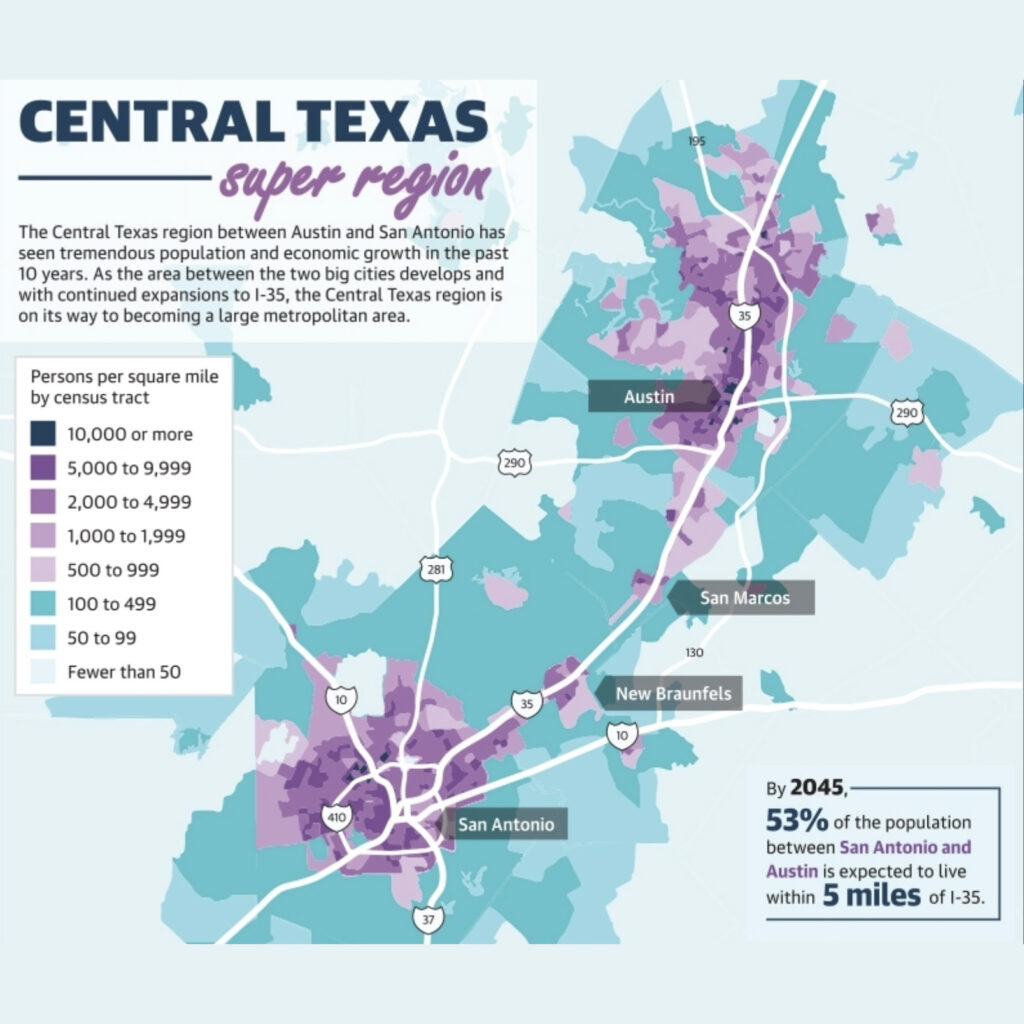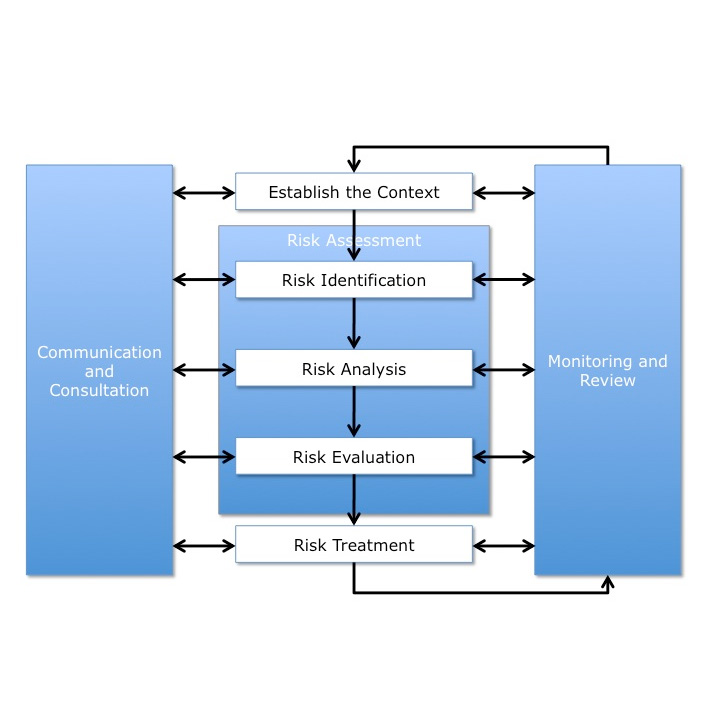As the Lone Star State’s public finance community steers the course of our future, it’s vital that we understand the integral role played by the Texas Bond Review Board (BRB). This organization stands as a pivotal component of Texas’ fiscal structure and is instrumental in managing the state’s financial resources prudently and responsibly.
What is the Texas Bond Review Board?
Founded in 1987, the Texas Bond Review Board is a state agency that operates within the parameters of Texas Government Code, Chapter 1231. It primarily administers the state’s debt management and oversees debt issuances by state agencies and certain institutions of higher education. In simpler terms, the BRB is in charge of ensuring that when Texas borrows money, it does so wisely and responsibly.
The agency’s mission is to ensure that debt financing is used prudently to meet Texas’ infrastructure needs and other public purposes, to support and enhance the debt issuance and debt management functions of state and local entities, and to administer the state’s private activity bond allocation.
The BRB comprises four members: the Governor, the Lieutenant Governor, the Speaker of the House of Representatives, and the Comptroller of Public Accounts or their designated representatives.
4 Strategic Goals of the Agency
- The first goal is to ensure that Texas state bonds attain the highest possible bond rating and that these bonds are issued in the most cost-effective manner possible.
- The agency’s second goal is to ensure that public officials have access to current information regarding local government capital planning, finance, and debt management.
- The agency’s third goal is to ensure that the authorization for Texas state and local entities to issue private activity bonds is allocated consistently with legislative mandates in the most equitable manner possible and in the best interest of the people of Texas.
- The agency’s fourth goal is to establish and carry out policies governing purchasing and contracting that will foster meaningful and substantive inclusion of historically underutilized businesses (HUBs).
The Roles and Responsibilities of the BRB
The BRB wears multiple hats in its mission to ensure the state’s financial health. These responsibilities encompass:
- Debt Issuance and Management: The BRB reviews and approves all state debt issuances. State agencies or higher education institutions must obtain BRB’s approval before issuing debt. This review process allows the BRB to scrutinize proposed debt for viability, necessity, and impact on the state’s overall debt position.
- Debt Affordability Studies: The BRB conducts annual studies assessing the state’s debt capacity, examining key factors like economic indicators, revenue projections, and existing obligations. These studies inform decisions on whether the state can afford to take on additional debt without compromising its fiscal health.
- Reporting and Transparency: The BRB maintains a comprehensive, public database of state and local government debt data. This enhances transparency and allows citizens, policymakers, and investors to understand the financial commitments of the state.
Why is the Texas Bond Review Board Important?
The BRB’s work might seem abstract to the average Texan, but it is indeed critical to the state’s fiscal soundness. Here’s why:
- Fiscal Responsibility: By carefully overseeing and managing state debt issuance, the BRB ensures Texas does not overextend its financial obligations. This prudent debt management keeps the state’s fiscal health robust and credit ratings strong.
- Ensuring Affordability: The BRB’s debt affordability studies serve as critical tools in fiscal planning, enabling state leaders to make informed decisions about borrowing and spending.
- Transparency and Accountability: The BRB’s commitment to maintaining comprehensive and accessible databases provides transparency, enhancing public trust and encouraging accountability in government spending.
- Economic Stability: By helping to maintain a stable fiscal environment, the BRB indirectly supports economic development, job creation, and quality of life for all Texans.
Conclusion
The Texas Bond Review Board may not often make the headlines, but its diligent oversight and management of state debt are crucial to the financial wellbeing of Texas. Its work protects taxpayers, ensures fiscal responsibility, and underpins the broader economic stability of the state.
Indeed, the importance of the Texas Bond Review Board cannot be overstated. As we Texans look towards our future, the BRB’s careful stewardship of our state’s finances provides an essential safeguard for our ongoing prosperity.
At Front Line Advisory Group, we are pioneers in Capital Improvement Bond Management, leveraging unparalleled expertise and deep industry insights. Our mission extends beyond consultation – we empower our clients to realize the full potential of their investments, ensuring tax dollars are put to maximum use through astute Program Management Consulting. For more information or to commence your journey towards transformative bond management, reach out to us at info@frontlineadvisorygroup.com.












